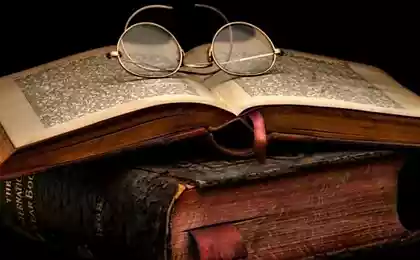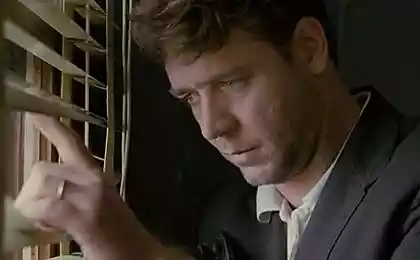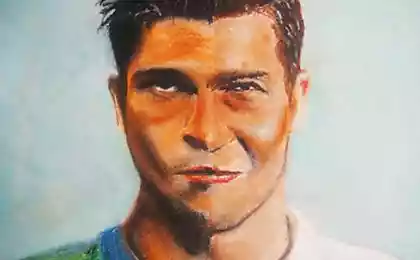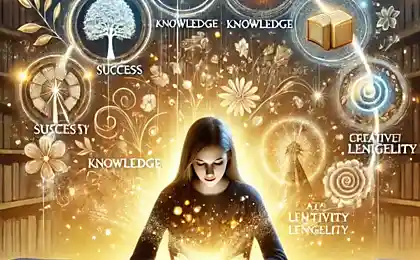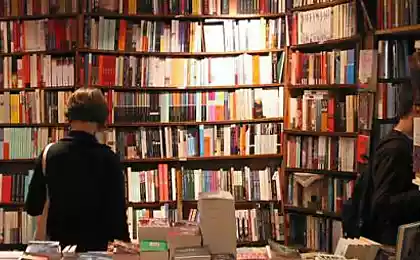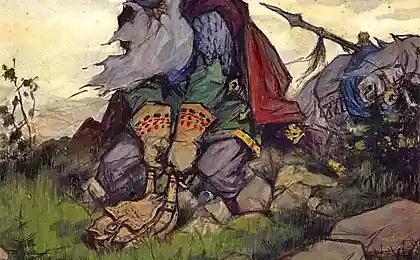537
7 popular science books of the fall, are not to be missed
The best new books of the season: from studies of memory and urban space to deciphering ancient writing and predictions about the future of humanity.
The collection includes the most important and interesting books in the genre of non-fiction published in recent months. Many of them became the present event in a certain area of knowledge — they can now become an event in your life.
1. Eric Kandel. The age of self-discovery. The search for the unconscious in art and science from the beginning of XX century to the present day
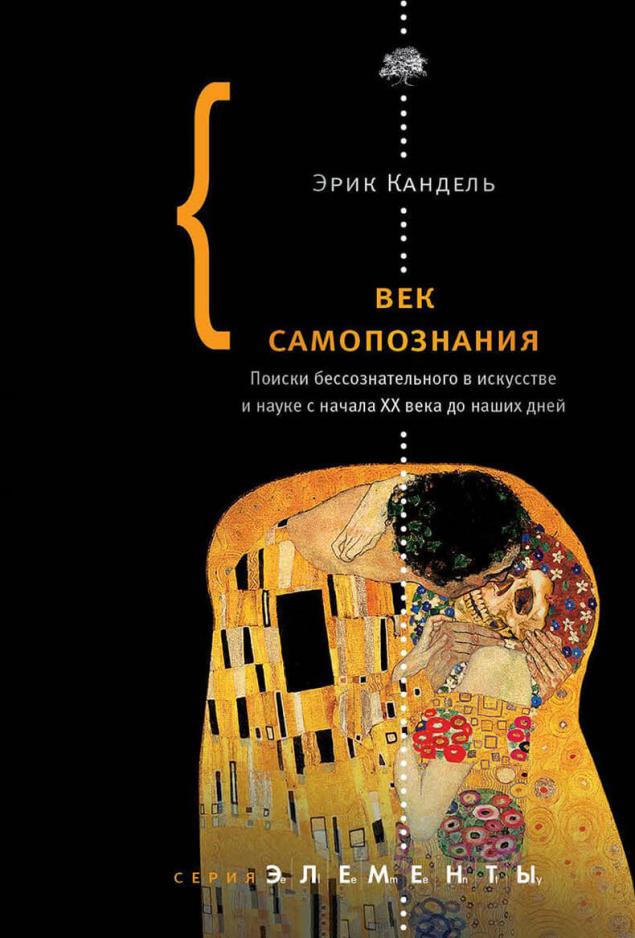
Book Nobel laureate in physiology or medicine, which is called by Marcel Proust from the world of neuroscience. More than 700 pages of printed text actually contain at least three books, mixed in a very successful manner.
The first talks about the biography of Candela — Viennese Jew, moved to the U.S. in a matter of days before the start of the Second world war, the second about his intellectual biography and academic trajectory, and the third is about what we have learned about the psyche and memory throughout the twentieth century: from Freud and Adler to the modern research in neurophysiology. All together it reads very exciting.
Exploring the fundamental bases of life processes, molecular biology has revealed that have in common between all forms of living things. Even more than quantum mechanics or cosmology or two other fields of science, which in the XX century occurred the great revolution — molecular biology attracts the attention of their immediate relevance to our daily life. It explores the very foundations of our nature — that we are.
2. John Farndon. Tricky question. How to make brains move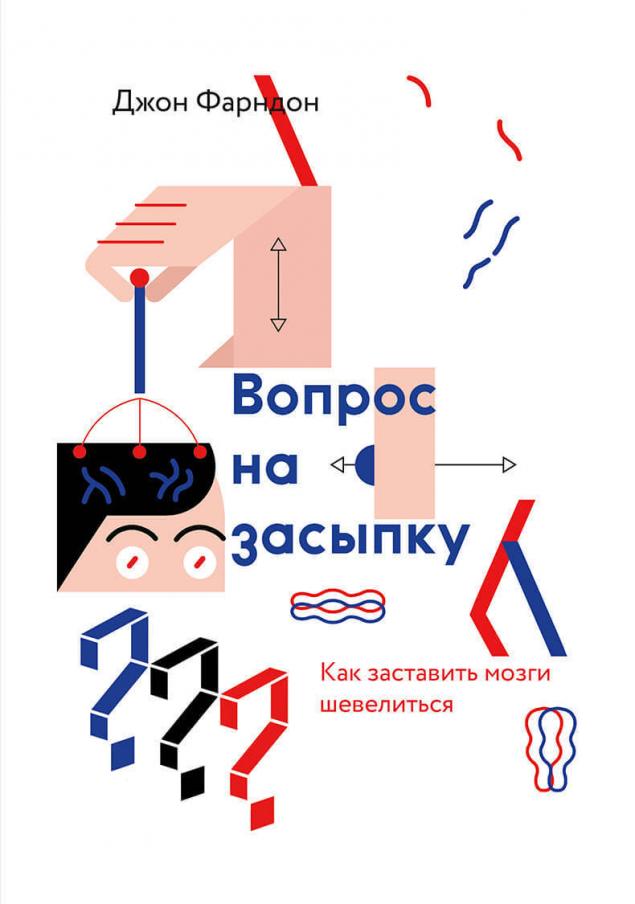
How would you organize a successful revolution? Why do people have two eyes? Can a thermostat think? These and other questions are asked when applying to Oxford and Cambridge. Witty answers to these questions are contained in the book of the famous American writer and winner of many literary awards.
As you might guess, these questions require the ability to think, not knowledge of specific facts. It teaches the book of Parndana — ability to find creative answers to strange questions, and easily answer unexpected intellectual challenges.
Every day we are confronted with difficult questions about where we are going and what we are doing and we desperately need new answers, new ways of thinking, the ability to go beyond. I hope these questions at least a little will help people to begin to think differently and invent new solutions.
3. Richard Sennet. Flesh and stone. The body and city in Western civilization
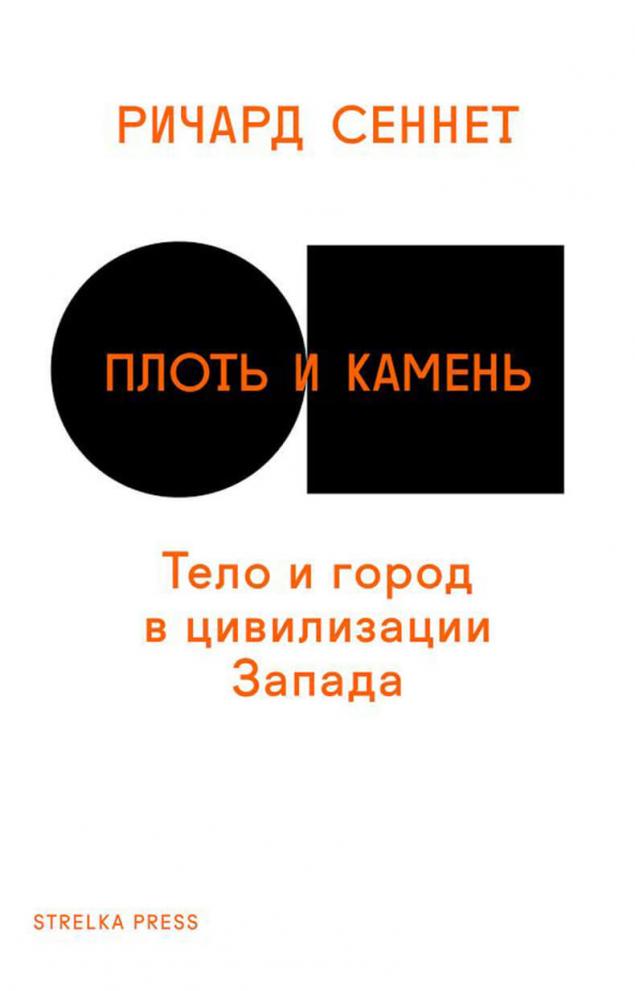
The book is a wonderful British sociologist Richard's Offensive is "a brief history of Western civilization from ancient Athens to modern new York city, examined through the prism of relations between body culture and urban space".
The author is already known for his books "the Fall of public man" and "Corrosion of character". His new book gives even more cause for reflection and deeper understanding of modern culture and civilization. After reading this book, you will be more conscious of the everyday environment of their habitat and find it more interesting meanings.
The transition to monotheism marked a shift of focus from urban continuity on domestic changes, from now on, the main importance was attached to no longer civil facilities, and private the destiny of man. However, if the Gentile could not overcome persistent doubts, surrendering to the realm of stone, the Christian could no longer blindly entrust God with your body.
4. Margalit Fox. Mystery dungeon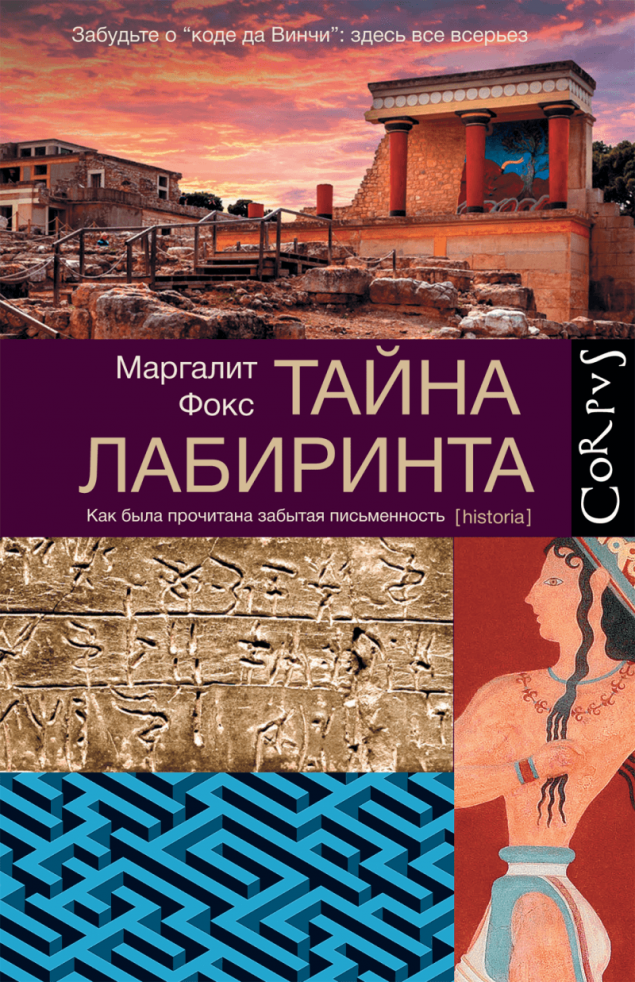
The deciphering of the ancient writing, as this book proves, can be a great topic for popular science detective. Margalit Fox, author of The New York Times, talks about the most important linguistic discoveries of the last century, so that it becomes interesting even to those who think linguistics is the most boring digging in the suffixes and dusty plaques with strange inscriptions.
The book tells not only about the discoveries, but also about where they grow: on personal interests and motivations of scientists. In particular, the book tells about the trials of Alice Kober, who did much to decode linear, but did not live to see that event is material, which for a long time did not go to the surface.
March 30, shovel ran into a clay tablet. On 5 April in one of the rooms of the Palace were opened a treasure trove of such signs, many in excellent condition. The plate was the oldest in Europe written records. <...> They wrote a go-to style, while the clay was wet. The characters on the plates, resembling human figures, swords, chariots, horse head, was not similar to the marks any of the known alphabets, ancient or modern.
4. Daniel Everett. Don't sleep — circle of snakes! The life and language of the Indians of the Amazonian jungle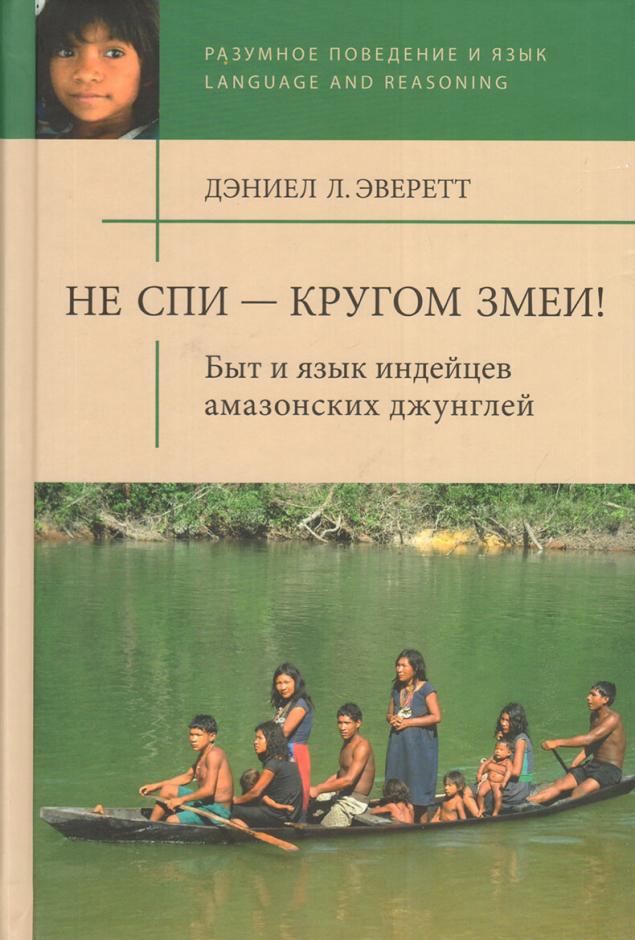
The long-awaited translation of the book the linguist and anthropologist of his life among Indians, the piraha in the Amazon jungle. These people are called the happiest people on earth. It is believed that they have no vision for the future: all of life flows serenely in the eternal present.
Everett arrived in the Amazon as a linguist and missionary. At first he really tried to dedicate the Indians in the Christian culture, but then they dedicated it to their former missionary became an atheist and decided to finally surrender to doing linguistics. From this grew the book "don't sleep — circle of snakes." — a wonderful story about other ways to live and perceive their own experience through the prism of language.
The piraha in General don't take other people's ideas, philosophy or technology. <...> In the past piraha rejected any fixtures whose use demanded changes to traditional knowledge, lessons, or practices. If the appliance is not adapted to the traditional way of life, refuse it.
6. Paul Mason. Postcapitalism. Guide to our future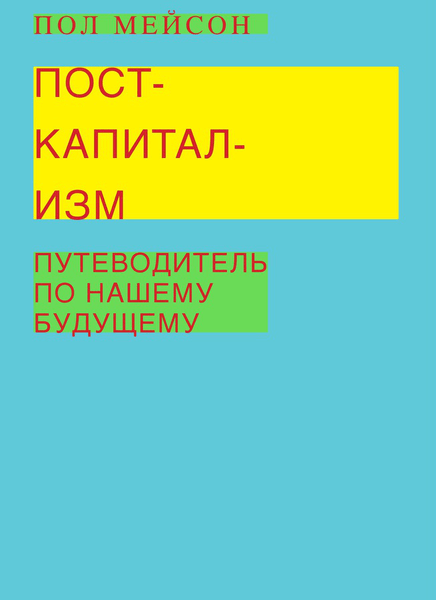
Renowned British journalist and author The Guardian, based on numerous studies, tells the history of capitalism and makes a prediction for the near future. Capitalism survives his last days. We are waiting for new forms of ownership, work, trade, credit and even private life.
Information economy escapes from the clutches of the market, new technologies make the relationship meaningless, and environmental threats demand a systematic approach to their regulation. Mason offers her own project - "the future society", which will replace the capitalist. Partly we already live in it. Even if his predictions do not come true to listen to them still stands.
External shocks will probably fall upon us one after the other: short-term local shortage of energy in the next decade; the aging population and the migration in the next thirty years; the disastrous consequences of climate change after that. The task is to, in response to these challenges, to develop technologies that can ensure sustainable growth. We must reverse the development to save the planet.
7. Ivan Efishov. A mysterious page. Interesting cryptography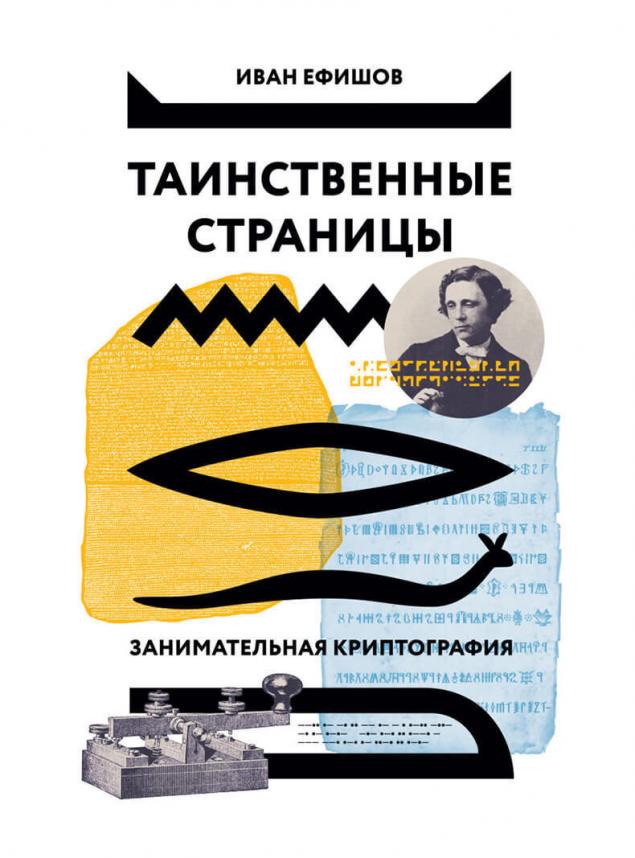
Book on ciphers and encryption for the whole family, composed of cryptographic studies, checked for a student audience. An accessible and interesting language the author tells about ciphers and cryptograms from Aristotle to Claude Shannon, and offers to practice in their solving.
In the best tradition of popular science genre, the book has only one formula.
... gradually many of the entries begin to pursue another important cryptographic goal is secrecy. In some cases, the secrecy was needed to strengthen the magical force of the funerary texts. And in our time, people began, for example, to encrypt your name on the car number. <...> At least some entertainment in traffic! published
Author: Oleg Bocharnikov
Is series: 6 documentaries that won't go away
15 films super-motivators that need to watch every
Source: newtonew.com/overview/autumn-non-fiction-books
The collection includes the most important and interesting books in the genre of non-fiction published in recent months. Many of them became the present event in a certain area of knowledge — they can now become an event in your life.
1. Eric Kandel. The age of self-discovery. The search for the unconscious in art and science from the beginning of XX century to the present day

Book Nobel laureate in physiology or medicine, which is called by Marcel Proust from the world of neuroscience. More than 700 pages of printed text actually contain at least three books, mixed in a very successful manner.
The first talks about the biography of Candela — Viennese Jew, moved to the U.S. in a matter of days before the start of the Second world war, the second about his intellectual biography and academic trajectory, and the third is about what we have learned about the psyche and memory throughout the twentieth century: from Freud and Adler to the modern research in neurophysiology. All together it reads very exciting.
Exploring the fundamental bases of life processes, molecular biology has revealed that have in common between all forms of living things. Even more than quantum mechanics or cosmology or two other fields of science, which in the XX century occurred the great revolution — molecular biology attracts the attention of their immediate relevance to our daily life. It explores the very foundations of our nature — that we are.
2. John Farndon. Tricky question. How to make brains move

How would you organize a successful revolution? Why do people have two eyes? Can a thermostat think? These and other questions are asked when applying to Oxford and Cambridge. Witty answers to these questions are contained in the book of the famous American writer and winner of many literary awards.
As you might guess, these questions require the ability to think, not knowledge of specific facts. It teaches the book of Parndana — ability to find creative answers to strange questions, and easily answer unexpected intellectual challenges.
Every day we are confronted with difficult questions about where we are going and what we are doing and we desperately need new answers, new ways of thinking, the ability to go beyond. I hope these questions at least a little will help people to begin to think differently and invent new solutions.
3. Richard Sennet. Flesh and stone. The body and city in Western civilization

The book is a wonderful British sociologist Richard's Offensive is "a brief history of Western civilization from ancient Athens to modern new York city, examined through the prism of relations between body culture and urban space".
The author is already known for his books "the Fall of public man" and "Corrosion of character". His new book gives even more cause for reflection and deeper understanding of modern culture and civilization. After reading this book, you will be more conscious of the everyday environment of their habitat and find it more interesting meanings.
The transition to monotheism marked a shift of focus from urban continuity on domestic changes, from now on, the main importance was attached to no longer civil facilities, and private the destiny of man. However, if the Gentile could not overcome persistent doubts, surrendering to the realm of stone, the Christian could no longer blindly entrust God with your body.
4. Margalit Fox. Mystery dungeon

The deciphering of the ancient writing, as this book proves, can be a great topic for popular science detective. Margalit Fox, author of The New York Times, talks about the most important linguistic discoveries of the last century, so that it becomes interesting even to those who think linguistics is the most boring digging in the suffixes and dusty plaques with strange inscriptions.
The book tells not only about the discoveries, but also about where they grow: on personal interests and motivations of scientists. In particular, the book tells about the trials of Alice Kober, who did much to decode linear, but did not live to see that event is material, which for a long time did not go to the surface.
March 30, shovel ran into a clay tablet. On 5 April in one of the rooms of the Palace were opened a treasure trove of such signs, many in excellent condition. The plate was the oldest in Europe written records. <...> They wrote a go-to style, while the clay was wet. The characters on the plates, resembling human figures, swords, chariots, horse head, was not similar to the marks any of the known alphabets, ancient or modern.
4. Daniel Everett. Don't sleep — circle of snakes! The life and language of the Indians of the Amazonian jungle

The long-awaited translation of the book the linguist and anthropologist of his life among Indians, the piraha in the Amazon jungle. These people are called the happiest people on earth. It is believed that they have no vision for the future: all of life flows serenely in the eternal present.
Everett arrived in the Amazon as a linguist and missionary. At first he really tried to dedicate the Indians in the Christian culture, but then they dedicated it to their former missionary became an atheist and decided to finally surrender to doing linguistics. From this grew the book "don't sleep — circle of snakes." — a wonderful story about other ways to live and perceive their own experience through the prism of language.
The piraha in General don't take other people's ideas, philosophy or technology. <...> In the past piraha rejected any fixtures whose use demanded changes to traditional knowledge, lessons, or practices. If the appliance is not adapted to the traditional way of life, refuse it.
6. Paul Mason. Postcapitalism. Guide to our future

Renowned British journalist and author The Guardian, based on numerous studies, tells the history of capitalism and makes a prediction for the near future. Capitalism survives his last days. We are waiting for new forms of ownership, work, trade, credit and even private life.
Information economy escapes from the clutches of the market, new technologies make the relationship meaningless, and environmental threats demand a systematic approach to their regulation. Mason offers her own project - "the future society", which will replace the capitalist. Partly we already live in it. Even if his predictions do not come true to listen to them still stands.
External shocks will probably fall upon us one after the other: short-term local shortage of energy in the next decade; the aging population and the migration in the next thirty years; the disastrous consequences of climate change after that. The task is to, in response to these challenges, to develop technologies that can ensure sustainable growth. We must reverse the development to save the planet.
7. Ivan Efishov. A mysterious page. Interesting cryptography

Book on ciphers and encryption for the whole family, composed of cryptographic studies, checked for a student audience. An accessible and interesting language the author tells about ciphers and cryptograms from Aristotle to Claude Shannon, and offers to practice in their solving.
In the best tradition of popular science genre, the book has only one formula.
... gradually many of the entries begin to pursue another important cryptographic goal is secrecy. In some cases, the secrecy was needed to strengthen the magical force of the funerary texts. And in our time, people began, for example, to encrypt your name on the car number. <...> At least some entertainment in traffic! published
Author: Oleg Bocharnikov
Is series: 6 documentaries that won't go away
15 films super-motivators that need to watch every
Source: newtonew.com/overview/autumn-non-fiction-books







